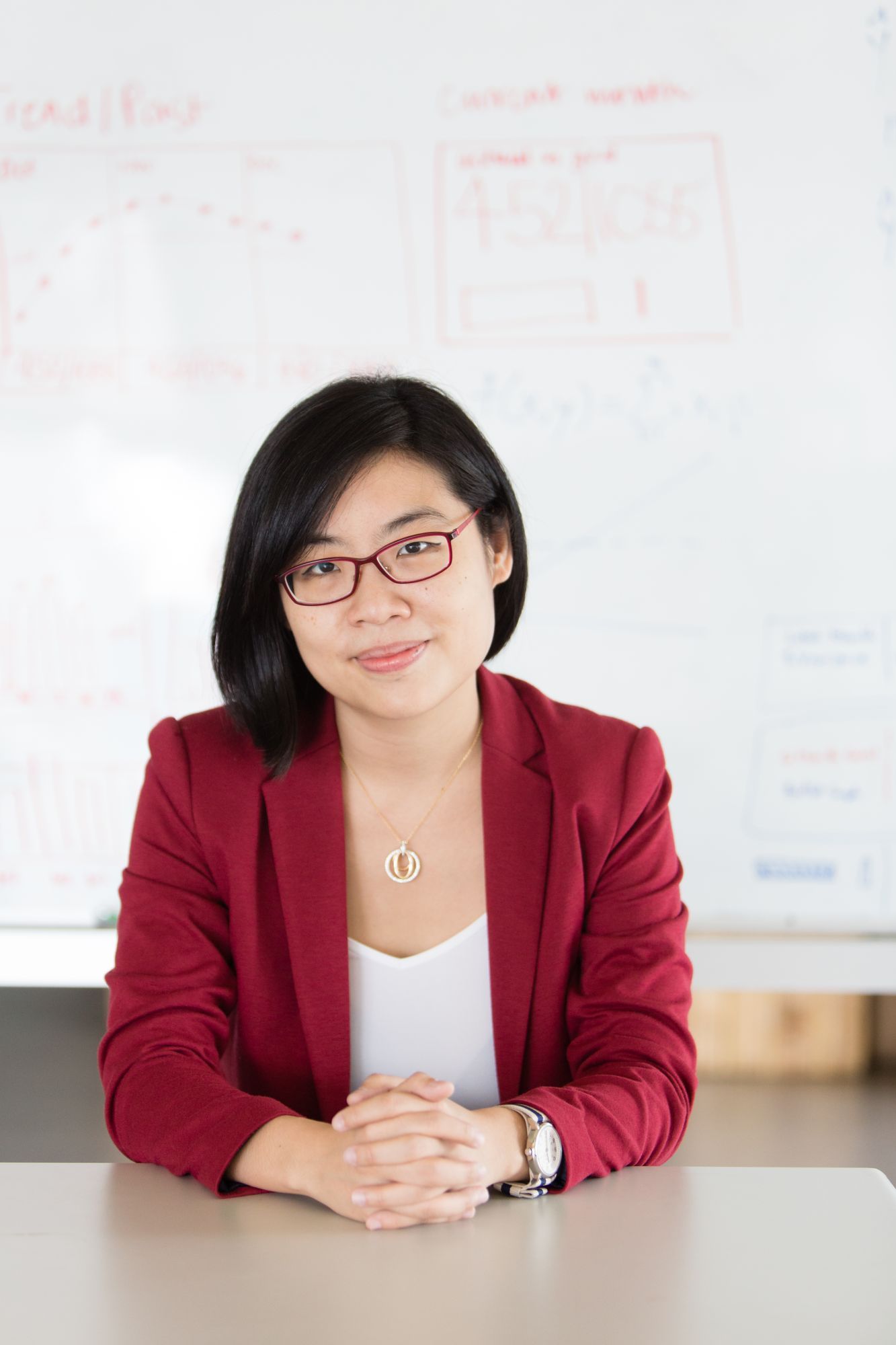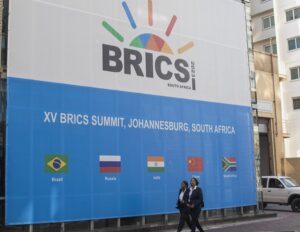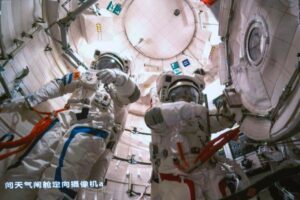
Why data science has the potential to reshape society
In the What Matters To Me series, a Generation T honouree describes what they do, why they do it, and why it matters.
Stephanie Sy is the founder of data science consultancy Thinking Machines, which helps organisations mine their existing data to gain fresh insights. The Philippine company, which also has operations in Singapore, has worked for clients including the World Bank, Ayala Corporation and Unicef, while Stephanie herself has addressed the United Nations about technological innovation. Here, she describes her work in her own words.
Data science is the practice of taking large quantities of data we have access to right now and pulling insights out of it. The industry started more or less because of e-commerce. Pre-Amazon, why would you need this, right? But now you have your phone and it captures a lot of data about you. You interact with Facebook, WhatsApp, [Southeast Asian e-commerce leader] Lazada and many more. Every digital interaction you have leaves a data trail. Based on those data trails, people in our industry can understand what drives customer behaviour better. Through this we can create very personalised promotions or interventions targeted to individuals. There’s a data gathering part, a data engineering part, a machine learning part and a data visualisation part. Underlying all of that is data strategy—how do you, as an organisation, make better decisions about your customers or operations with the data you have available? It’s not inaccessible; it’s just a very new industry.
My favourite part of the job is hearing someone’s problem and coming up with a way to solve it that feels almost magical to them
— Stephanie Sy
Thinking Machines is a data science startup that builds machine learning and data platforms for organisations. Our primary goal is to create a data culture for companies, and to do that, we work on one client at a time and help them understand and build out very practical and useful machine learning platforms. We do a lot of public sector work; what we do there is build AI models on top of waste data and satellite imagery to generate things like poverty and population indicators across the Philippines.

